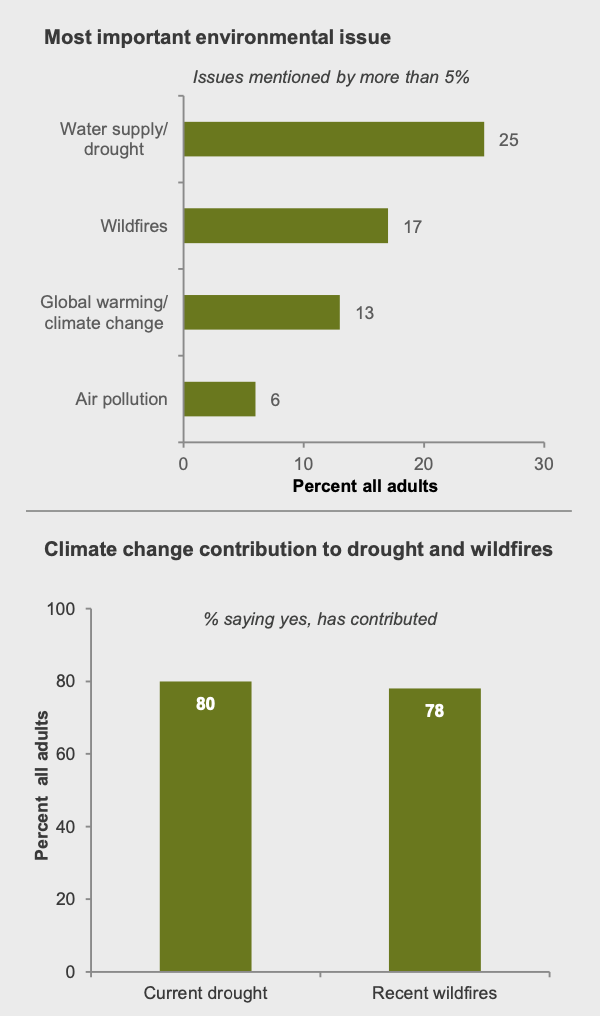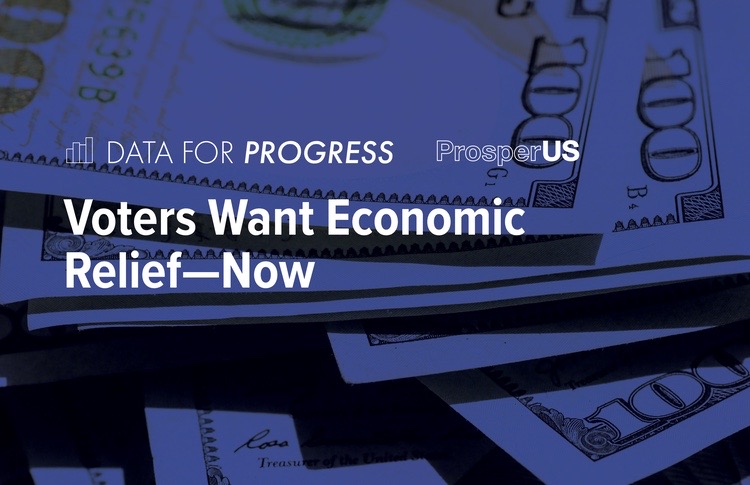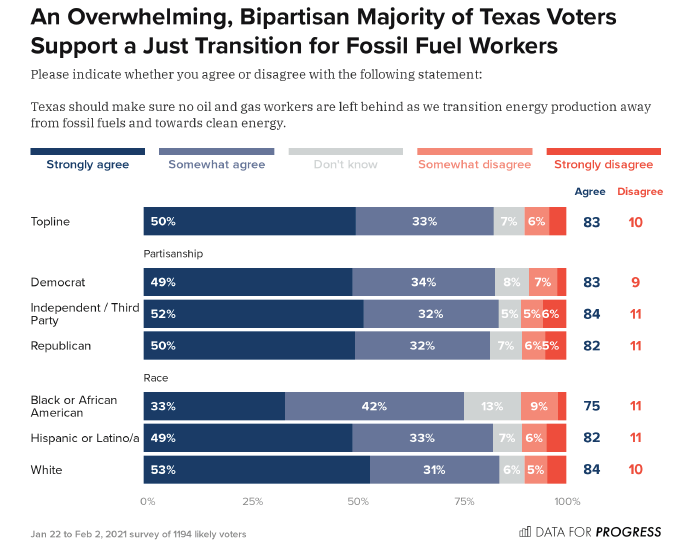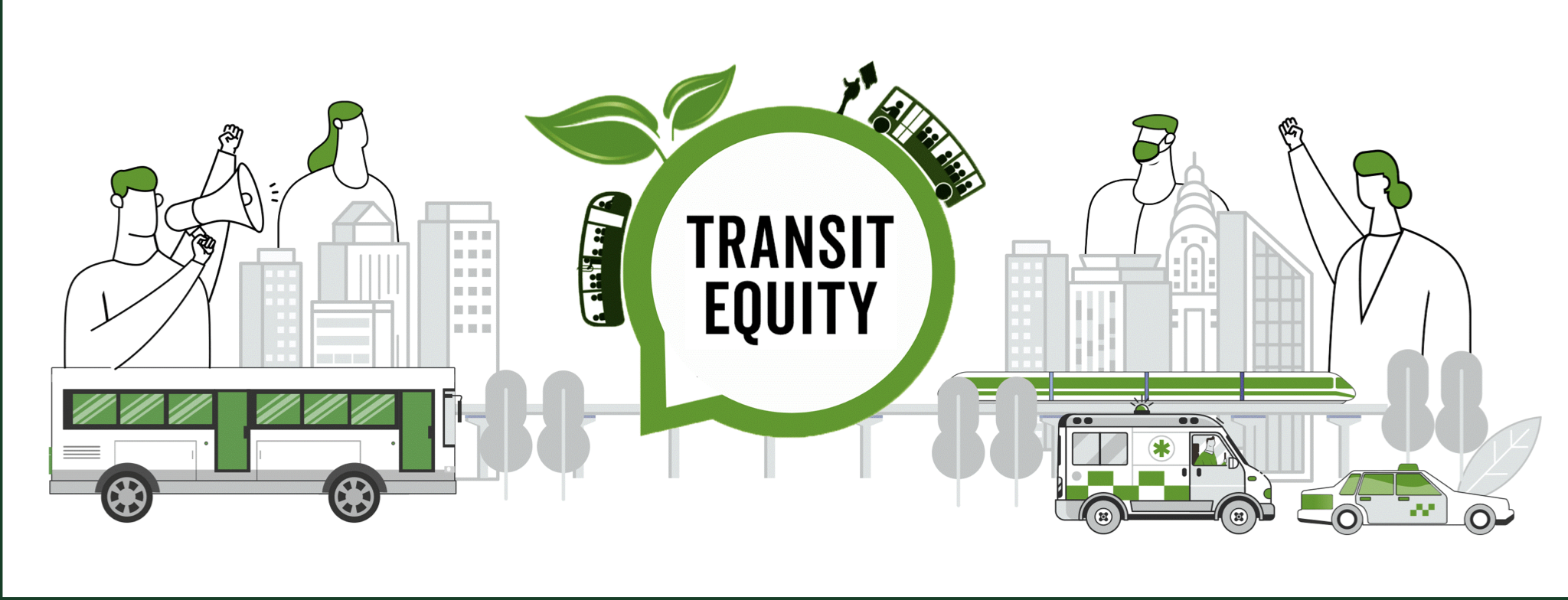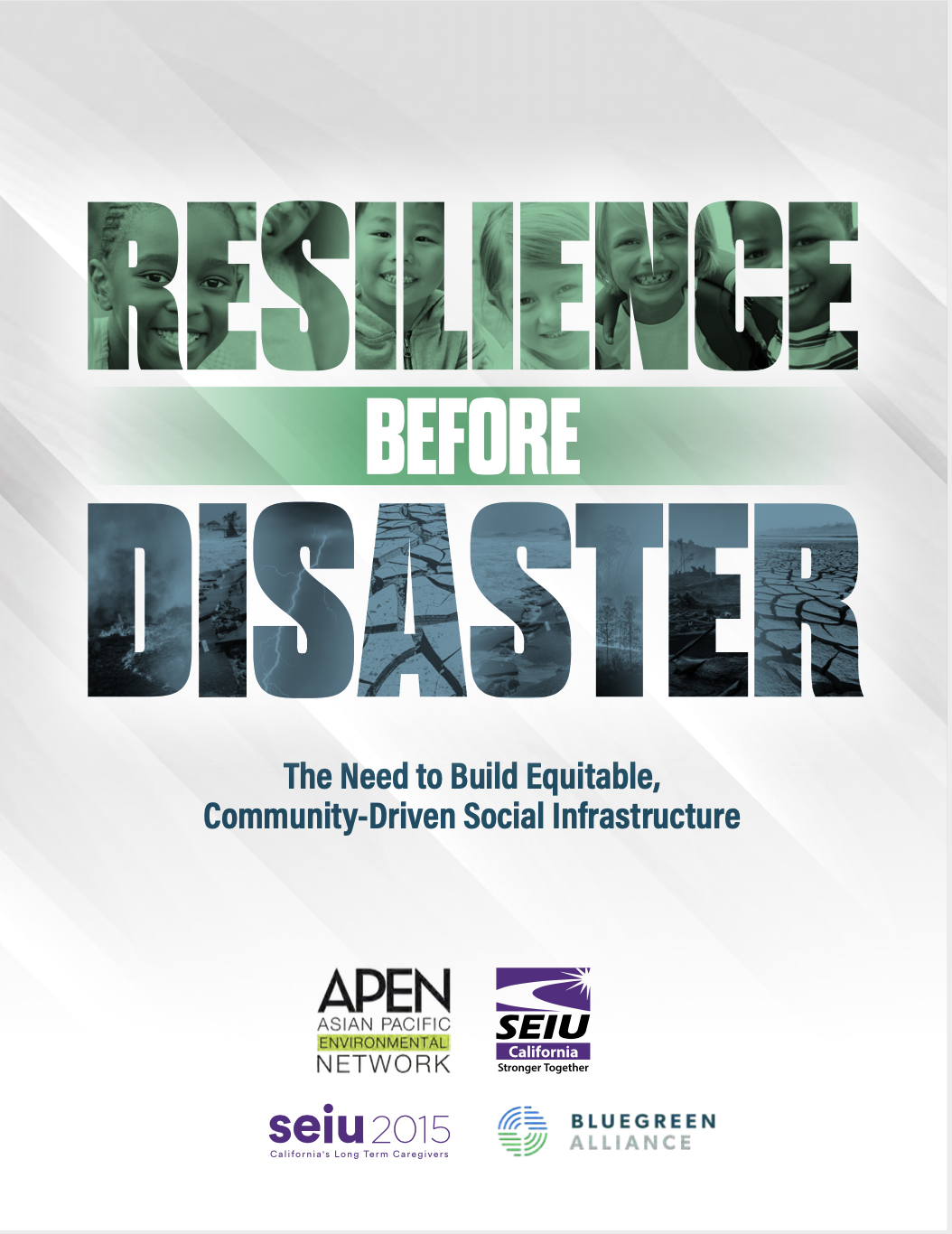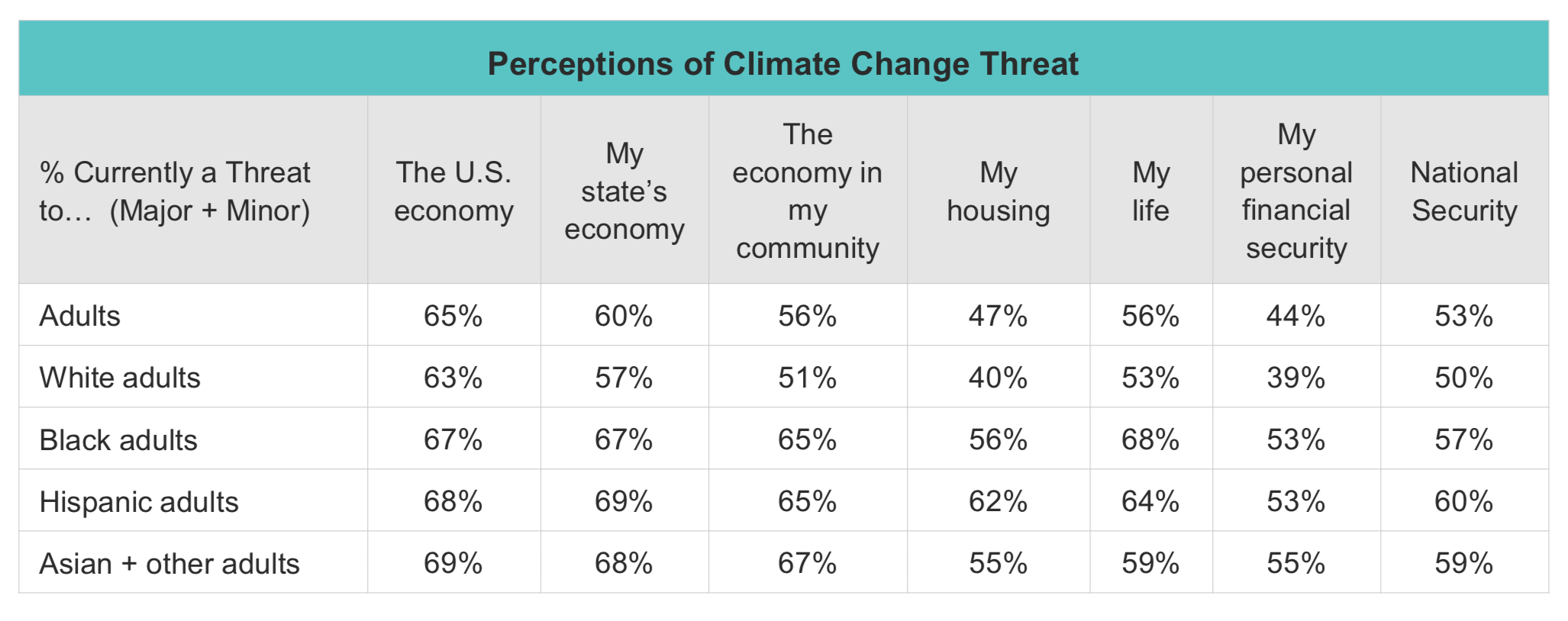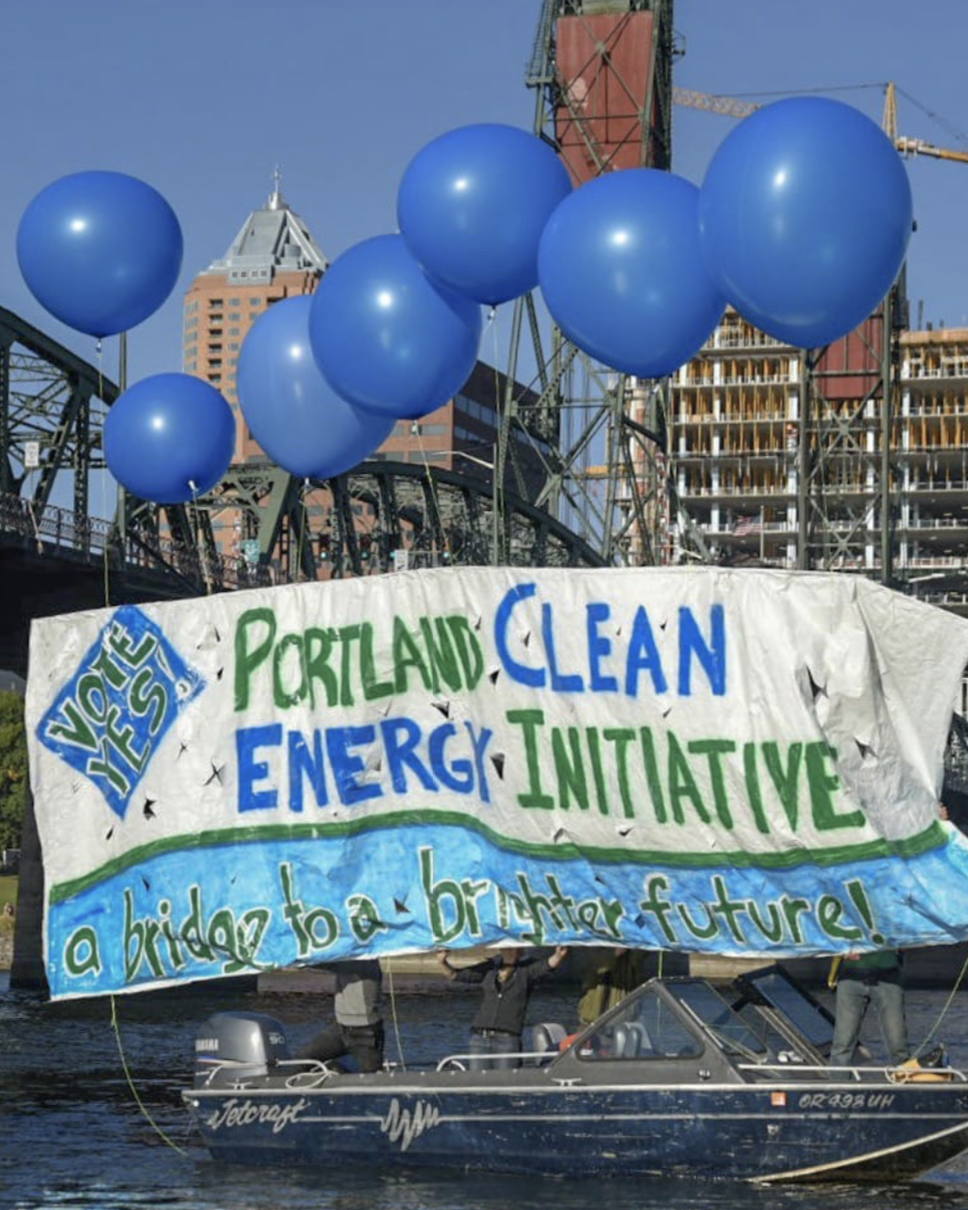Resources
Search below for resources covering the intersection of climate engagement, social science and data analytics.
RESULTS
Poll: Water Supply and Drought are Now Californians’ Top Environmental Concern
- Californians are most likely to say that the state’s top environmental issue today is water supply and drought. 63% say that the supply of water is a big problem in their region. 40% say they have done a lot to reduce water use in response to the drought.
- 55% say the threat of wildfires is a big problem in their part of the state. An overwhelming majority (78%) say climate change has contributed to the state’s recent wildfires. Most Californians have at least some confidence in the government’s readiness to respond to the wildfires.
- 35% of Californians say air pollution is a big problem in their part of the state. 57% say air pollution is a more serious threat in lower- income areas.
Poll: Hard Truths - Environmental Racism
The Axios-Ipsos Hard Truths Environmental Racism poll finds that while all Americans are experiencing much the same climate-related challenges, minority Americans are much more likely to experience poor environmental conditions. Along similar lines, Americans across the board report similar experiences with severe weather, but Black and Hispanic Americans are more likely to experience prolonged power outages or water safety issues.
Implementing the Portland Clean Energy Fund: Challenges and Opportunities
In 2018, the Portland Clean Energy Fund (PCEF) campaign secured a landslide ballot measure victory in Portland, establishing a multi-million dollar municipal fund that addresses climate, economic, and racial justice by providing funding for renewable energy projects, job training and apprenticeship programs, and regenerative agriculture. Last year, we got to look “under the hood” with PCEF Steering Committee members to cover the history of the campaign, what PCEF does, and how the community-led coalition was able to win at the ballot box.
In a follow-up webinar, we came back together to share new developments on the victory and cover topics including:
- How has PCEF been implemented, and how is it helping the community build political power?
- What lessons have been learned since winning the legislation, and what challenges and insights does that bring?
- What would it take to replicate this winning model in your own context and municipality?
Voters Want Economic Relief--Now
Recognize the public appetite for more economic help from the federal government. This April 2021 survey reveals that a majority of likely voters want Congress to pass another economic relief bill, in addition to the $1.9 trillion bill approved in March. Support runs across party lines, with people under 45 and voters of color most heavily in favor. Support holds true no matter the price tag, aside from self-identified Republicans being evenly divided over the notion of a $10 trillion bill.
Poll: Texas Voters Want to Transition to Clean Energy
A statewide survey to assess the attitudes of likely Texas voters (including an oversample of Latino voters) toward climate change, pollution, and transitioning to clean energy revealed key insights, including:
- Across party lines, voters are overwhelmingly concerned (85%) about air and water pollution.
- 67% are concerned about climate change, with Latino (82%) and Black (80%) voters expressing the highest levels of concern.
- Voters also agree (61%) that there is still time to come together as a state and country to take the actions that are necessary to address climate change and leave a better world for generations to come. Agreement is highest (72%) among Latino voters.
- A strong majority (59%) also would like to see their leaders support clean energy industries to reduce carbon emissions and ensure Texas remains America’s energy leader, with support highest among Black (77%) and Latino (66%) voters.
- A message that resonates across party lines is that Texas can face tough problems and can leverage its status as a national and global energy leader to become a champion of a new global energy economy.
- 83% agree that Texas should make sure no oil and gas workers are left behind as America transitions away from fossil fuels and toward clean energy.
-
A majority also think it is “Very important” or “Somewhat important” to include proposals for job training (89% important), new jobs in clean energy (87% important), pensions for retired workers (85% important), financial assistance for new degrees or trade certifications (83%), and buyouts for workers within five years of retirement (78%) in this transition bill.
-
Texas voters also support closing the revolving door of government officials becoming lobbyists for the fossil fuel industry, with a majority of Texans across parties (52%) supporting a proposal that would prevent former lawmakers from becoming lobbyists for the oil and gas industry immediately after leaving office.
Community Hearing on Transit Equity 2021: Findings and Recommendations
Increasing accessibility, affordability, and reliability of public transit is imperative for BIPOC, low-income people, those living in rural areas, seniors, youth, and people with disabilities. COVID-19 exacerbated transportation inaccessibility because of limited routes and slashed service times. It also posed significant threats to transit workers who were not given adequate protection. Transit agencies must have safeguards in place to combat the negative effects of future pandemics as well as climate change. Such policies include better sick and family leave policies for transit drivers and electrification of the transportation sector to meet climate goals.
Resilience Before Disaster: The Need to Build Equitable, Community-Driven Social Infrastructure
California and the US are increasingly beset by climate-fueled disasters like wildfires, extreme heat, and power blackouts. These events put additional stress on frayed hard and social infrastructure systems, and disproportionately impact working-class communities of color. To adapt to these changes, society must update our notion of disaster response to increase resilience in these systems before disasters strike. This report offers two models for this response: 1) building and normalizing resilience hubs where community members gather and organize both in good times and bad, and 2) increasing in-home resilience by recognizing homecare workers as effective agents for assisting vulnerable populations and bridging authorities and the frontlines. The report goes on to recommend specific ways to set up resilience hubs, train care workers, and develop forward-thinking emergency response plans to avert human disasters after natural disasters.
Fueling the Fire: Why Any Fossil Fuel Industry Bailout Will be Disastrous for Communities of Color
This report looks at the intersection of pollution from refining and burning fossil fuels, repiratory diseases caused or exacerbated by this pollution, the impacts of the COVID-19 pandemic, and race and racial inequality in the United States. It makes the case that the CARES Act constitutes a bailout of the dirty energy sector that spent more to prop-up the fossil fuel industry than it did on health care supplies and investments, even as this industry contributes to the adverse health outcomes from the COVID-19 pandemic in communities of color. The report's key findings also link large financial sector players like big banks, asset management companies, private equity and insurance companies to the chain of carbon and chemical emissions that have disproprotionately negative impacts on communities of color and low-income communities.
Poll: Differences in Adults’ Concern and Perceptions of Climate Threats, Environmental Injustice
Survey of Black, Hispanic, and white adults sought to measure concern for and perception of the impacts of climate change and other environmental threats like pollution, flooding, and storms, how these threats impact different racial/ethnic groups, and how adults’ views on these issues vary by race and ethnicity. Key findings include:
- Black adults (60%) are nearly twice as likely as white adults (32%) to say they are very concerned about air pollution in their local community.
- A majority of Americans (70%) are concerned about climate change, but Hispanic adults (68%) and Black adults (66%) are more likely than white adults (53%) to say climate change is a major problem.
- Hispanic (50%) and Black (41%) adults are more likely than white adults (36%) to say they’re very or somewhat familiar with the term “environmental injustice.” While 51% of Black adults and 48% of Hispanic adults view environmental injustice as a major problem in the U.S., only 33% of white adults hold the same view, a significantly lower percentage.
- Black adults (60%) and Hispanic adults (61%) are significantly more likely than white adults (53%) to say they experience a lot + some exposure to pollution in their daily lives.
- While majorities of white (51%), Black 63% and Hispanic (55%) adults all say that predominantly Black neighborhoods still experience the long-term effects of redlining (definitely + probably), there are still differences between these groups in the extent to which they believe Black neighborhoods experience these impacts. Black adults (46%) are significantly more likely than both white adults (20%) and Hispanic adults (24%) to say that predominantly Black neighborhoods definitely still experience the long-term effects of redlining.
Portland Clean Energy Fund Executive Summary: A Breakthrough for Climate and Justice
In November 2018, residents of Portland, Oregon, made history by passing The Portland Clean Energy Fund (PCEF), a breakthrough initiative that will raise an estimated $44-$61 million annually to support local clean energy and economic justice initiatives. The fund passed with 65 percent of the vote and support from a long list of local businesses and community organizations, including faith leaders, labor unions, and more. This Executive Summary captures toplines on what the campaign learned about what it takes to win.
Pagination
- Previous page
- Page 4
- Next page
